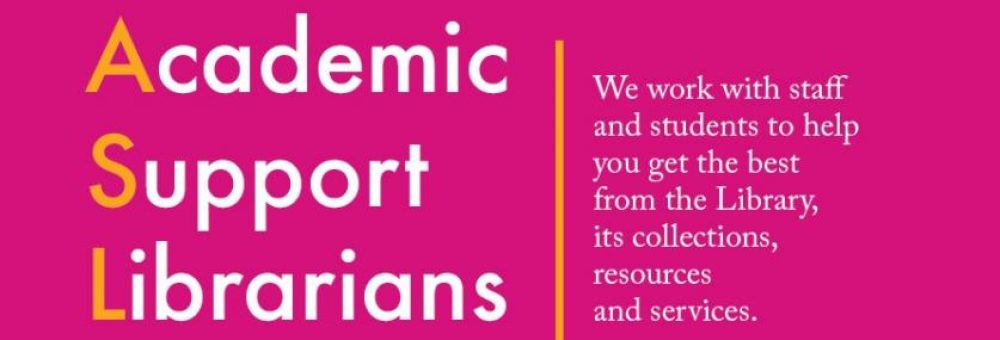 February is LGBT+ History Month and this year’s theme is #UnderTheScope. This celebrates LGBT+ peoples’ contribution to the field of Medicine and Healthcare both historically and today.
February is LGBT+ History Month and this year’s theme is #UnderTheScope. This celebrates LGBT+ peoples’ contribution to the field of Medicine and Healthcare both historically and today.
To help you learn more we’ve pulled together just a small selection of Library resources that will allow you to start to look ‘Under the Scope’.
Books
 For a rich examination of the history of trans medicine and current day practice, Trans Medicine: The Emergence and Practice of Treating Gender draws on interviews with medical providers as well as ethnographic and archival research to examine how health professionals approach patients who seek gender-affirming care. The essays in Queer Interventions in Biomedicine and Public Health historicise and theorise diagnosis, particularly diagnosis that impacts trans health and sexuality, queer health and identity, and sexually transmitted diseases such as HIV/AIDS.
For a rich examination of the history of trans medicine and current day practice, Trans Medicine: The Emergence and Practice of Treating Gender draws on interviews with medical providers as well as ethnographic and archival research to examine how health professionals approach patients who seek gender-affirming care. The essays in Queer Interventions in Biomedicine and Public Health historicise and theorise diagnosis, particularly diagnosis that impacts trans health and sexuality, queer health and identity, and sexually transmitted diseases such as HIV/AIDS.

#UnderTheScope also aims to shine a light on the health inequalities facing LGBT people even today. Transgender health: a practitioner’s guide to binary and non-binary trans patient care shows healthcare and medical practitioners how to deliver excellent care to gender diverse patients. Based on cutting edge research and the lived experience of the author as a non-binary person, this is essential reading for all those working to meet the needs of transgender people in healthcare settings. The remedy: queer and trans voices on health and health care invites readers to imagine what we need to create healthy, and thriving LGBT+ communities in this anthology of real-life stories from queer and trans people on their own health-care experiences and challenges.
LGBT collections at Lothian Health Services Archive
Some of the LGBT-related resources held by Lothian Health Services Archive (LHSA) include the archive of Lothian Gay and Lesbian Switchboard, the UK’s first gay helpline and Scotland’s first gay charity, and unrivaled collections that document Edinburgh’s response to HIV from 1983 to the 21st century, spanning voluntary groups, charities, local authorities, the NHS, and health promotion campaigns.
The source list on the LHSA website provides a detailed list of LGBT resources in LHSA.
LHSA is part of the University’s Heritage Collections and holds the historically important local records of NHS hospitals and other health-related material. For information about visiting please read the information on Services and Access.
More resources to look Under the Scope
If you want to further explore LGBT+ peoples’ contribution to medicine and healthcare then you can use some of the Library’s research databases to search for journal articles, book chapters, reviews, theses, conference papers, etc., on this topic and beyond.
Archives of Sexuality & Gender provides a significant collection of primary sources for the historical study of sex, sexuality, and gender. With material dating back to the sixteenth century, you can examine how sexual norms have changed over time, health and hygiene, the development of sex education, social movements and activism, and many other interesting topical areas.
Use the online resource LGBT Thought and Culture to find books, periodicals, and archival materials documenting LGBT political, social and cultural movements throughout the twentieth century and into the present day. The collection illuminates the lives of lesbians, gays, transgender, and bisexual individuals and the community.
Researching hidden and forbidden people from the past can be difficult. Terminology used to write about LGBT+ people has shifted over time or is obscured. A practical guide to searching LGBTQIA historical records is an accessible guide to doing historical research on LGBT+ subjects in libraries, archives and museums.
Even more resources to help you discover LGBT+ history can be found in the Gender and Sexuality Studies subject guide.
What are we missing?
This is just a small selection of the resources on LGBT+ history in the Library. However, if there are areas in the collections that could be improved or you know of a book the Library doesn’t already have, you can use the Request a Book form to tell us.
Note that some online resources mentioned in this blog post are only available to current students and staff at the University of Edinburgh.

 Why not start with
Why not start with